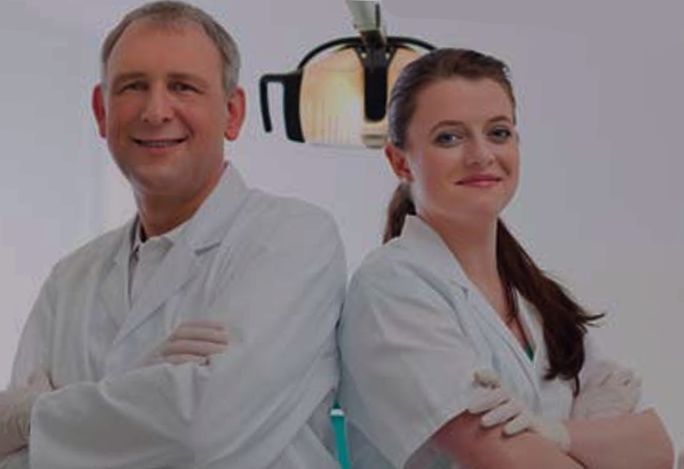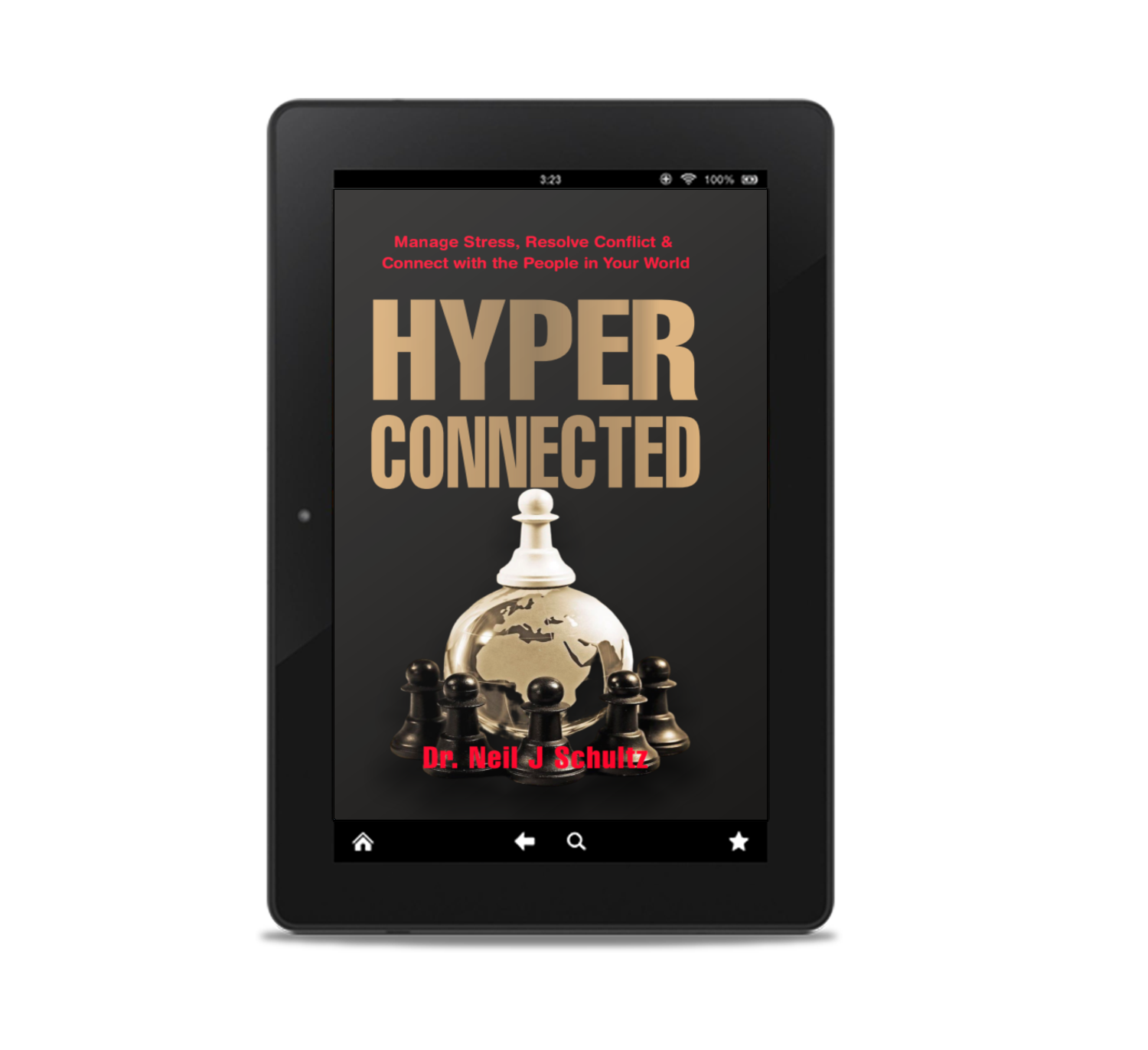When it comes to maintaining good medical practice, the first and foremost priority of a practitioner will always be to deliver the utmost standard of patient care, regardless of the setting. However, as with any working environment, medical practice offers routes to be your own boss and work on your own as well as to work as part of a wider team in a medical practice.
Each of these routes can offer their own sets of benefits, and I have previously discussed the differences between salary and profit share arrangements, each with pros and cons. When considering which is the right route for you, the social element of working in a medical practice may be a deciding factor – but for others this may not be the case. Working with others can be observed as positive to some and negative to others. Let’s explore those “social elements” and why they may be a pro or a con, a help or a hindrance to practitioners.
Access to second opinions in your medical practice
Having someone else to lean on and seek a “second opinion” from can prove beneficial to some practitioners, keen to consult and ensure their guidance is the best advice delivered to the patient. However, there is such thing as an unwarranted second opinion too.
If you are more experienced and feel safe and secure in your knowledge, you may not want to constantly have the opinions of others being input into your patient care. This is especially so if other doctors in the practice favour alternative methods of healthcare to yours.
Knowledge sharing
Keeping up to date on the latest medical trends and technologies is key to ensuring the most effective level of patient care. However, as with many workplaces, sometime employee knowledge sharing can be overbearing.
For some practitioners, exploring innovative trends may be their preferred route of patient care but others may prefer to rely on proven, tried and tested methods. That’s where a clash of opinions may also overbear the social elements of working with others in a practice.
Others, perhaps those early in their careers, will relish the thought of knowledge sharing, learning from more senior team members while bringing their own fresh ideas to the table. More senior practitioners may be more inclined to rely on specific materials or resources to keep their learning up to date.
Sharing the mental load
Being a practitioner requires a degree of mental toughness. The ability to share the “mental load” of patient care with other doctors in the practice can provide solace to some practitioners. However, others are not as comfortable discussing the mental impact of patient situations so having this avenue available will not be observed as a “benefit”.
It can significantly depend on your ability to switch off an detach from patient care, which some practitioners can find more difficult than others. Once outside the clinic, patient discussions are a no-go – for some, this is a blessing, for others, this is a curse.
Regular patient frequency
Working in the same medical clinic means you will likely see the same patients frequently. This can mean you build a natural rapport with patients and get to know and understand them more than simply their medical chart which some practitioners can enjoy. In other patient settings, you may never see the same patients more than once which means the contact and conversations are “less human” and “less personal” – but again, this is something some practitioners would prefer.
Whether the social elements of working in a medical practice serve to prove a help or a hindrance comes down to a mixture of factors – your own personality, how advanced you are in your career and what you seek from your day-to-day. These three key factors will ultimately determine which of the above discussed elements are pros or cons.
Dr Schultz spent 22 years working in psychiatry and then went on to qualify as a lawyer. He has spent 34 years helping people solve problems and the unique combination of medicine, psychiatry, law and mediation provides a unique academic and practical approach to life's challenges.









